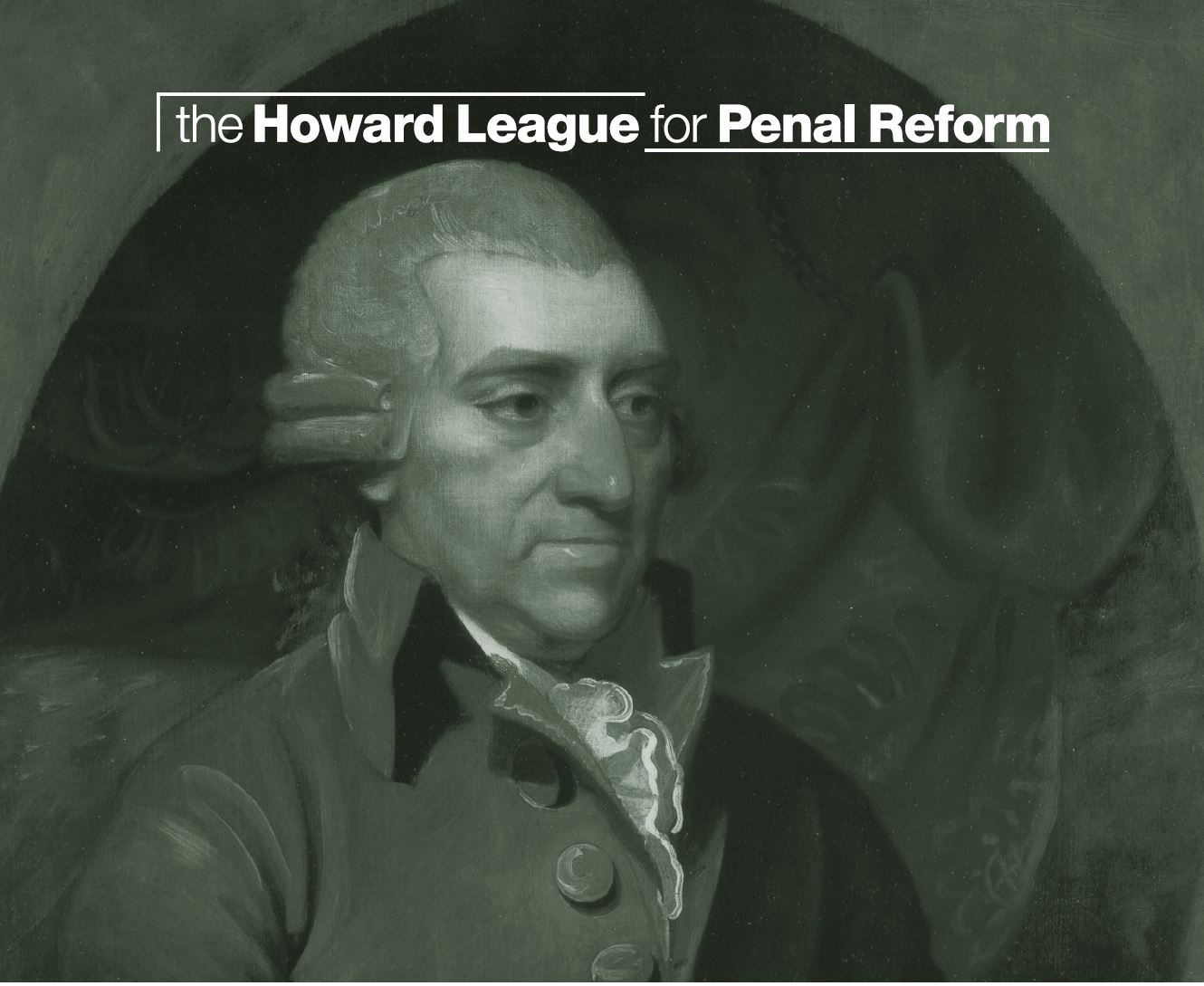Happy Birthday to the Howard League for Penal Reform
As part of the Howard League‘s celebrations of its 150th birthday, Thomas Vander Beken (Belgian criminologist and director of the Institute for International Research on Criminal Policy) wrote a “pamphlet” – Asking new questions: Lessons relearned from John Howard about his research using the prison journeys of John Howard himself as an inspiration.
If you have the slightest interest in prisons and/or penal reform, I strongly encourage you to invest half an hour in what I found to be a fascinating read.
About John Howard
Anyone interested in prisons ought to know John Howard. His countless visits to correctional institutions and places of confinement all over Europe, and his books describing, with exacting precision, what he found were an eye-opener for eighteenth-century society. He set people thinking about what prisons were like and what they should (or should not) be.
In addition to extensive travels across his English homeland, me made countless journeys to prisons across Europe between 175 and 1789:

Carceral tour
Inspired by John Howard, Professor Beken visited 15 prisons in six European countries in a so-called carceral tour. Of course, Beken couldn’t just turn up and ask for a look round as Howard did but had to plan visits and provide credentials. He acknowledges that the guided tours he received did not of course give him the same sort of access as a prison inspector would get, but the process of visiting so many different prisons without a specific purpose gave him the opportunity to reflect and report on the role and function fulfilled by prisons in several European countries.
Findings
This short blog post can’t do justice to Thomas Beken’s work but it’s still intriguing to share some of his insights into the different approaches to imprisonment:
- In England, he was struck with the focus on the costs of detention and had his first experience of a private prison (HMP Oakwood) which he found to be much better than he had been led to believe but to have far fewer visible staff.
- He was impressed by the investment made in meaningful prison activities, labour and reintegration pathways in Norway.
- Beken was slightly bemused by prisons in the Netherlands, establishments were very organised and well- managed but imprisonment rates were characterised by steep rises and falls – currently, the prison population has dropped dramatically, and nobody really seems to know why.
- French prisons were even tougher than English ones: “I could barely interact with the prisoners: not even just shaking hands and having a talk. An prisoner in Lille who wanted to talk to me, to tell me about what really happens in prisons, was removed with force and got a disciplinary sanction for it.”
- This was in strong contrast to Italian prisons which, despite a reputation for overcrowding, seemed to be focused on rehabilitation: “Prisoners seemed to be taken seriously as people and as partners in a detention track that is oriented towards a future outside prison. It was only in Italy that prisoners, not prison staff, guided me round their own prison.”
- Bekan found prison in Azerbaijan perplexing, conditions were very good (an an instrument for the government to present the country as a modern state to countries in the west) but discipline appears very strict: “As we approach, a warder clears our way with a wave of his arm. Hundreds of inmates stand up, stop talking and remove their caps. I have never seen such a reaction.” Bekan calls these prisons “Eurovision Europrisons” because of the way they are used in international public relations.
Reflections
In the five Western European countries he found a tension between two main prison functions: incarcerating people for the good of society and attempting to change inmates so that they can come back into society and function more acceptably than before.
Bekan’s view was that in Britain and France, the balance seems to have tilted strongly towards the protection of the public:
These are countries that lock people up largely to make society safer, and since incarceration is a punishment, it is not felt untoward in that view if it is a rather miserable experience. It is probably not by chance that I found the worst conditions of detention in those two countries.
He found the Netherlands to be more balanced with a definite emphasis on rehabilitation but “picky” about which prisoners get to benefit.
The professor felt that rehabilitation was not just an aspiration in Norway and Italy but the true purpose of the prisons he visited.
Conclusions
Professor Bekan concludes that one of the most significant determinants of the way in which a country’s prison system operates is how much that country values equality and inclusion. He writes about the how some countries have always sought to exclude law-breakers — from the extremes of “Transportation” (Britain sending convicts to Australia) to the increasingly common deportation of foreign national prisoners in many countries.
He argues that one of the teachings of John Howard is that prisons should pay equal attention to the aim of social reintegration after their initial role of public protection.








